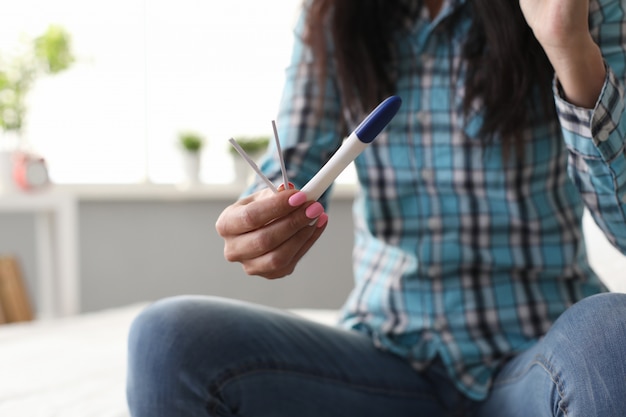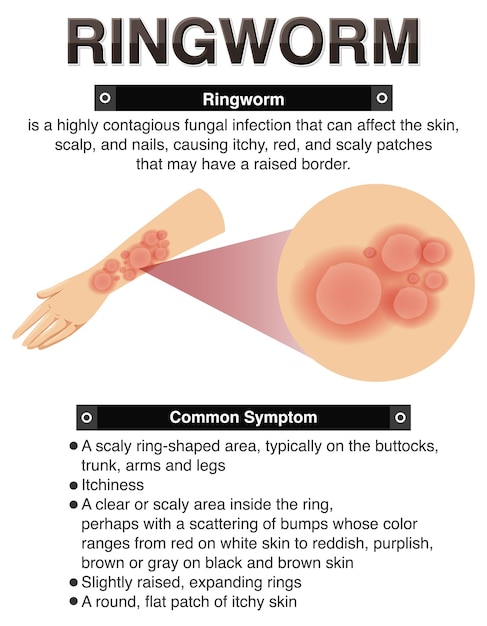
Why is there so much controversy over the HCG Diet? Is it unsafe? If not, is it ineffective? These questions were on my mind as I reached out to Jennifer Margolies, the Program Director for the Fast Weight Loss Centers in Dallas, TX, to discuss the debated HCG diet. Fortunately, she accepted my invitation and agreed to share her experiences with the HCG diet and other medical weight loss plans.
After some initial greetings, I jumped into the interview with the most intriguing question. Although I’ve never used HCG for dieting and don’t see it in my future, I’ve become fascinated by the discussions surrounding its effects. The diet sparks strong opinions on both sides. Wanting to understand this controversy, I asked Jennifer for her thoughts on the skepticism and sometimes aggressive rhetoric associated with the HCG diet. Her honest and balanced response was refreshing.
She explained that weight loss is complex, involving various issues that might not be addressed by a drastic diet like HCG. Jennifer believes that if skeptics gave HCG a chance, they might find it more comprehensive than they anticipate. She highlighted that there are different forms of HCG, such as injections, which are more effective, and homeopathic diet drops, which can be unsafe and ineffective. Perhaps some skepticism targets these unsafe diet drops. Because the HCG diet is a very low-calorie diet, it faces medical scrutiny. Therefore, she advises consulting a physician before starting the diet. Ultimately, Jennifer emphasized the importance of finding what works for each individual. If someone prefers a focused, short-term weight loss plan, HCG might be suitable. For those needing a longer timeframe, other options with higher caloric intake might be better.
Satisfied with her answer, I inquired about how the HCG diet has evolved over the years. I was curious about its flexibility and if different proponents have varied approaches. Jennifer provided an informative response. She mentioned that the HCG diet dates back to the 1950s, developed by Dr. A.T.W. Simeon. More recent research has expanded the understanding of how the HCG program works physiologically. Dr. Simeon originally suggested a 40-day cycle, after which the body supposedly becomes immune to HCG. However, Dr. Emma, featured on Dr. Oz’s show, has conducted extensive university-level research indicating that physiological changes can occur beyond the 40-day mark. Fast Weight Loss Centers follow a 40-day program to allow for a mental break and weight stabilization afterward. If someone wishes to continue, they’d take a six-week break before starting another cycle. Dr. Emma’s approach includes higher caloric intake and extended cycles, showing that advancements have been made since Dr. Simeon’s time.
I then asked Jennifer about the diet’s compatibility with holiday cheat days. Her response was unexpected. She felt the HCG Diet isn’t compatible with holidays as it requires strict adherence. During the post-protocol stabilization period, it’s possible to eat lean proteins, fruits, and vegetables, but traditional holiday indulgences like stuffing are off-limits. She advised staying focused and sticking to the diet, suggesting it isn’t ideal to start right before a big vacation.
Finally, I asked Jennifer if she had a favorite HCG-friendly recipe to share. She recommended a simple salad dressing made with equal parts Splenda (or Truvia), water, and white vinegar. It’s tasty and can make eating plain lettuce more enjoyable. Though you have to get creative on the HCG cycle, there’s plenty of inspiration available online, though some recipes won’t align with stricter programs like theirs.
Grateful for her time, I wrapped up the interview. The brief conversation provided valuable insights into the HCG Diet and fostered a greater appreciation for those who support it.



